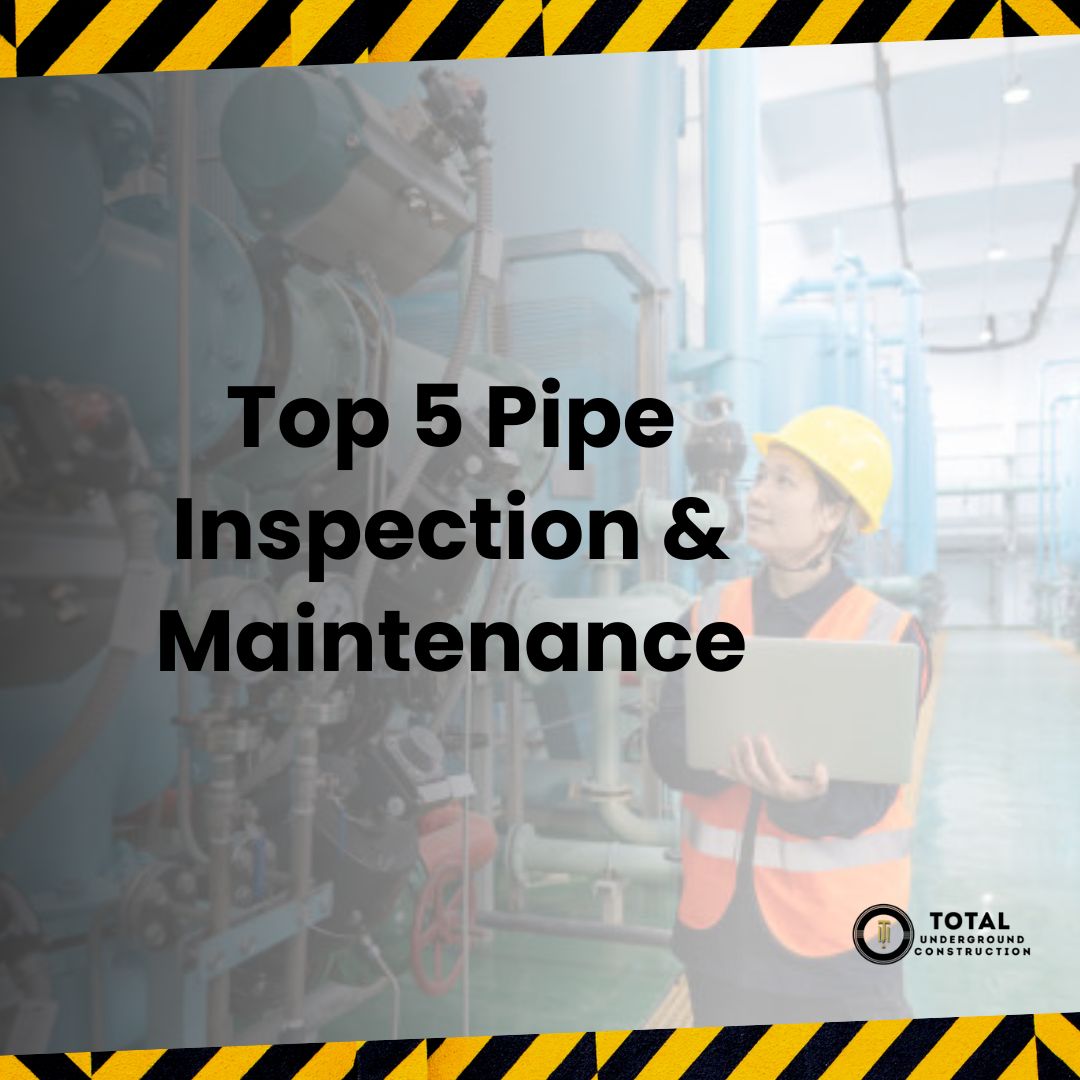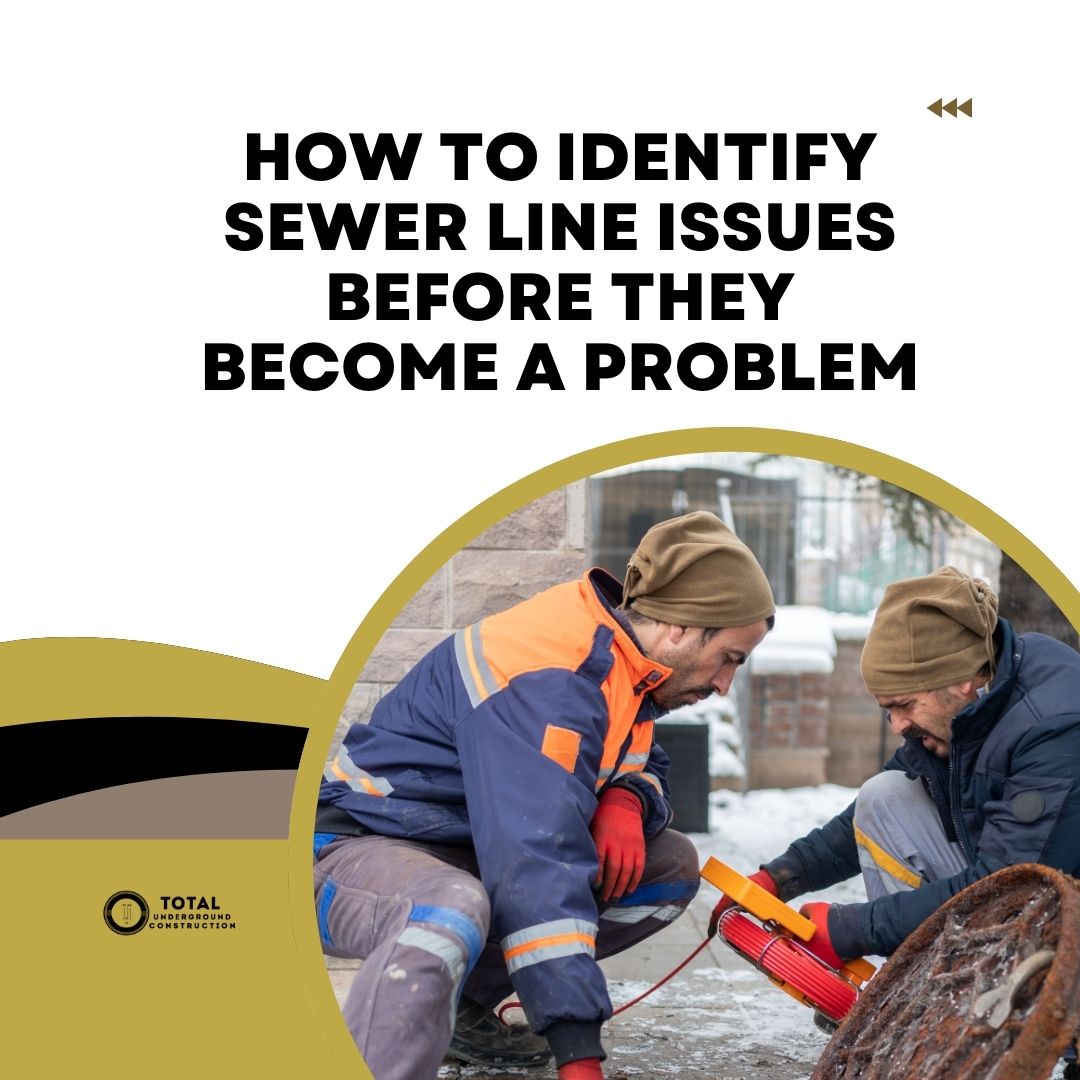In the U.S. alone, at least 78 million people use natural gas to run different appliances at home, including ovens, stoves, and heaters. Despite its convenience, natural gas can be a death trap if the necessary gas line safety measures are not followed.
According to statistics, 83.08% of LPG-related injuries occur at home, and gas leaks contribute up to 81.03% of these injuries. Therefore, it is essential to embrace gas leak safety practices to avoid the risks.
While it’s tempting to consider DIY gas line repair, the associated risks, including carbon monoxide poisoning, fires, and explosions, make it a bad idea. Instead, you should seek professional emergency repair services in case of a gas line emergency.
This guide will help you understand how to recognize and respond to a gas line emergency and preventive measures to avoid future incidents. Let’s dive in!
What Constitutes a Gas Line Emergency?
A gas line emergency entails a situation where there’s the risk of a gas leak or a malfunctioning gas appliance, which could result in severe health and safety concerns.
Signs of gas leaks include smelly gas, hissing sounds, and dead plants around the gas line. These signs are like warning indicators of lurking dander. The same goes for damaged gas lines, pilot light issues, and orange or yellow flames. Upon recognizing such gas leak symptoms, calling a gas line repair expert is advisable.
Generally, the following are the common causes of a gas pipe emergency.
- Aging infrastructure: Over time, gas pipes start to erode, and dents may begin to develop, which could result in gas leaks. Aging gas lines can also malfunction, or the pipe connections may loosen over time, resulting in gas leaks.
- Improper installation: Wrong installations, primarily by unlicensed gas line contractors, could result in gas leak issues. However, such problems can be avoided by working with certified gas line repair and replacement services.
- Earth movements: Any ground disturbance, such as earth tremors or earthquakes, could disrupt and damage old gas piping. Sometimes, the disruption occurs from digging into the ground or nearby construction projects.
- Poor maintenance: Gas lines require regular inspection and maintenance to stay in shape and operational. The lack of proper maintenance of the gas pipes, connections, and fittings is one reason they age, corrode, and break undetected, resulting in gas leak risks.
- Appliance malfunction: Gas appliances can malfunction, sparking fires and explosions. However, these appliances usually malfunction because of poor maintenance, natural wear, or low quality.
- Appliance overload: Connecting too many appliances to the same gas line could overload it and cause it to malfunction.
Common Signs of a Gas Line Emergency
It’s possible to identify a gas line emergency and take immediate action. Here are the most common signs of a gas leak.
- Gas smell
Natural gas does not have a scent. However, mercaptan or methanethiol is added to give it a sulfur-like or rotten egg smell. Your gas is likely leaking if you notice this strange gas smell.
- Unusual sound
Unless the gas tries to force itself out of the piping, it shouldn’t make any strange noise. Unusual sounds like whistling, roaring, and hissing could indicate a possible gas line rupture. As a result, there’s a need to call a gas line repair expert.
- Physical damage
The gas line, connections, and fittings should be free from damage. Identifiable dents, ruptures, excessive kinks, or rust count as a gas line emergency, in which case expert intervention is advisable.
- Appliance malfunction
A malfunctioning gas-powered appliance could indicate a possible gas line fault or gas leak, or it could be that the appliance isn’t getting an adequate gas supply. These faults could result from constricted or blocked gas pipes, which calls for urgent repair.
- Dead vegetation
Another way of detecting gas leaks is to look at the vegetation around the gas line. Plants starting to wilt and dry could be due to gas poisoning. In such a case, it’s advisable to identify and address any signs of a gas leak.
- Odd flame color
A typical burner flame should be blue to show complete combustion. An orange or yellow flame indicates incomplete combustion. It could indicate that the burner is not getting adequate gas supply, which may result from a gas leak, blockage of the gas line, or a malfunction.
- Ground Bubbling
Air bubbles appear in mud puddles and standing water if there’s a gas leak. That is a sign of the gas dispersing, and it’s likely to happen when the gas line passes near wet ground.
- Pilot light issues
A pilot light is a little gas flame that ignites certain gas appliances such as the gas fireplace, furnace, and gas water heater. Overall, the little flame shouldn’t go off frequently. If it does, it could indicate a gas line fault or leak.
- Physical body symptoms
Your body reactions could suggest the possibility of gas exposure. Here are some notable gas leak exposure symptoms to watch out for:
- Body fatigue
- Dizziness
- Nausea
- Lightheadedness
- Mood changes
- Chest pains
- Sudden loss of appetite
- Ringing ears
- Nosebleeds
- Eye irritation
- Breathing difficulties
- Pale skin
- Skin blistering
- Pet reaction symptoms
It’s not just us humans who can react to gas leak exposure. Our companion friends also do, and here are some notable symptoms:
- Lethargy (inactivity and unresponsiveness)
- Sore throat
- Vomiting
- Mood changes
- Watering eyes
- Disorientation
- Elevated gas bills
The gas bill doesn’t suddenly rise and continues to do so without a reason. Sometimes, the reason could be a slow gas leak. If so, that’s a gas line emergency requiring an expert gas line repair service.
Key Immediate Actions to Take During a Gas Leak
About 5,149 people lost their lives in the United States from carbon monoxide poisoning between 1999 and 2010, according to the CDC. That shows how fatal gas leak exposure is, necessitating immediate action during a gas leak.
Prioritizing your safety and your household during a gas leak emergency is essential. Instead of fixing the issue yourself, you should involve a professional.
What to Do If You Suspect a Gas Leak
Here’s a step-by-step guide on what to do during a gas leak.
Step 1: Turn off gas
It all starts with an emergency gas line shutdown. Consider turning off the gas line from the main valve when you detect a gas leak. You can find it close to the gas meter. While at it, follow the correct gas shut-off procedure or ask for professional help.
Step 2: Evacuate at once
When you suspect a gas leak, get everyone, including the pets, out of the room. Also, leave the doors and windows open to ventilate the space. Then, head to a safer location.
Step 3: Call for help
Upon reaching a safer location, call your emergency gas contact. You can call the local fire department or 911. Alternatively, you can call the nearest gas line repair service. Professionals understand what gas leak safety steps to take to manage the situation and prevent extensive damage.
The Don’ts
Regarding safety tips for gas leaks, we’ve dos and don’ts. After looking at what to do during a gas line emergency, here’s what not to do.
| What Not to Do | Reason |
| Turn on electrical appliances. | They could create sparks that ignite the gas. |
| Switch on the light switches or light up a cigar/cigarette. | They could act as the ignition source for a fire or explosion. |
| Leave any open flames. | They are a fire hazard. |
| Repair the gas line problem yourself. | It’s unsafe to do so without proper training. |
Repairing a Gas Line Safely
While it can be tempting to try and fix a gas line DIY, it should be handled by a pro. Expert gas line repair services help you avoid the following risks.
- Fire: A gas leak may result in a fire breakout when there’s an open flame or a spark. In the latter case, the spark could result from cigarette lighting or turning on a light switch, electric appliance, or fan.
- Explosion: A gas leak could also lead to a blast, especially if the leakage is extensive and sparks occur. Without adequate knowledge of risk assessment and gas line maintenance and repair, you could spark an explosion while trying to fix the gas line issue.
- Suffocation: Without the right equipment, you could suffocate while trying to fix a gas line issue. Excessive fume exposure leads to depleted oxygen levels. You could have difficulty breathing without proper safety gear.
- Structural damage: DIY gas line repairs can extensively damage your structure, resulting in expensive repairs and replacements. Instead of taking the risk, consider a professional gas line repair.
- Legal liabilities: Failure to observe the necessary safety regulations when fixing a gas line problem has profound legal implications. You may have to pay hefty fines for rupturing a gas line, which you could avoid by hiring a professional.
- Insurance liabilities: A DIY gas line repair negatively impacts insurance claims. Your insurance provider may refuse to accept the damages if they discover you tried to fix the issue yourself and did not consider professional emergency gas repair services.
- Environmental risks: Gas leaks release harmful greenhouse gases into the environment, leading to global warming. That is likely when you don’t have the necessary training to assess and fix gas line faults.
Why Professional Repair Services Are Essential
Considering the above-discussed risks, it’s a good idea to involve gas repair professionals when dealing with a gas line emergency. Here are the primary benefits of professional gas repair services.
- Adequate knowledge: Experts have the training and expertise to offer professional gas line repair and maintenance services. They know how to assess risks, manage them, and fix them.
- Safety prioritization: Certified gas line technicians prioritize safety when handling a gas line risk. During risk assessment and management, they ensure you and your entire household’s safety.
- Correct equipment: Gas line professionals use specialized tools to handle gas line repairs. They wear the right gear to minimize exposure to harmful gases and keep everyone safe.
- Quality assurance: We guarantee quality services by prioritizing high standards in fixing gas leaks, using high-quality products, and offering warranties.
- Regulation compliance: Gas leak repair experts understand the local building and gas piping codes and regulations. Consequently, they protect you from any legal tussles and unnecessary fines.
- Cost-effectiveness: While it may appear costly initially, professional gas maintenance and repair services are cost-effective in the long run. They help save on recurring expenses and unnecessary replacements and repairs. Request a free professional gas repair estimate to determine how much it’ll cost.
- Emergency response: In case of a gas appliance malfunction, leak, or any other issue that could crop up later, professional plumbers are always ready to offer gas line emergency services.
- Peace of mind: Knowing that gas line repair experts are fixing your problem gives you peace of mind.
Preventing Future Gas Line Issues
While it doesn’t apply to all, most gas line incidents are preventable. Ultimately, this saves money, as you don’t have to incur expensive repair and replacement costs. More importantly, preventive practices reduce the risk of exposure.
Here are the best preventive gas line measures.
- Invest in carbon monoxide detectors: These devices alert you of possible gas leaks and carbon monoxide risks and protect you from excessive exposure.
- Regular maintenance: Establish a regular gas line maintenance program. Consult professional gas line maintenance services to check your system regularly for leaks and other issues.
- Fit earthquake shut-off valves: Earthquake shut-off valves automatically shut off the gas line supply during an earthquake. That prevents gas leaks, which could spark a fire or explosion.
- Timely replacement: Replace aged and damaged gas lines and associated elements before they become problematic. Doing so prevents costlier replacement and repair costs in the future.
- Family education: Educate everyone at home about the importance of gas line safety. They should be familiar with the various gas safety checks and emergency protocols.
- Expert repairs: By hiring a professional gas line service, you save yourself from suffering a similar or worse situation in the future.
- Annual inspections: Do not stop at maintenance. It’s equally advisable to schedule annual gas line inspections, during which an inspector conducts odor tests, piping checks, leak surveys, and other gas line checks.
Top Safety Tips for Home Renovations and DIY Projects
Before you renovate your home, it’s crucial to observe the DIY gas safety practices listed below.
- Call 911
‘Call Before You Dig‘ is a nationwide service that allows you to make inquiries before digging into an underground utility line. Call 811 and explain to the operator that you plan to shove into the ground.
- Consult Utility Line Locating Services
Utility line marking services serve the same purpose as 911 – that’s to help you locate underground utilities before excavating. You can give them a call to inquire about it.
- Inform Affected Parties
Before starting a home renovation project, notify the tenants and property owner if it’s a rental unit. Also, the community heads and everyone responsible should be informed to avoid legal issues. Prepare them for what you are about to do.
- Take What You Can Handle
Not all home renovation projects are DIY. Some, like gas line repairs, are best left to professionals. Doing so protects you from possible safety risks and the risk of potentially escalating the problem and making it harder and costlier to fix.
Schedule Consultation with Total-UC
Contact Total-UC if the renovation is beyond your expertise or involves underground construction. We handle various underground construction projects, from gas and fire line inspections and repairs to water and sewer line inspections and repairs.
FAQs Reated To Gas Line Emergency
When you smell gas in your home, the first thing to do is turn off the gas. Then, evacuate immediately, leaving the windows and doors open. Head to a safe location and call for help from there.
You can know if you have a gas leak if the gas smells sulfur-like or like rotten eggs. Also, watch out for strange noises, especially roaring, hissing, and whistling. Don’t forget to check for dead plant life around the gas line and physical symptoms like nausea, fatigue, lightheadedness, and dizziness.
No. If untrained, handling a gas line repair by yourself is never safe. It is dangerous due to risks like fire, explosions, suffocation, and structural damage. Moreover, you can escalate the issue and make it extra unsafe.
Standard gas line repairs cost about $120 to $250. The more complex the repair, the more expensive it is. Gas line repair experts, however, may charge $45 – $150 hourly, depending on the magnitude of the problem.
Several signs indicate a damaged gas pipe, including smelly gas (rotten-egg smell), strange noises (like hissing and whistling), and visible damages (like rust, dents, and cracks). Also, watch out for a sudden increase in gas bills.
Gas lines should be inspected annually. However, you may need to do it more often if the lines are older (than 10 years) and after a home shift.
Call 911 or the local fire department in case of a gas leak. But for quick response, call the nearest professional gas repair service, and if you live in the Bay Area, call Total-UC.




